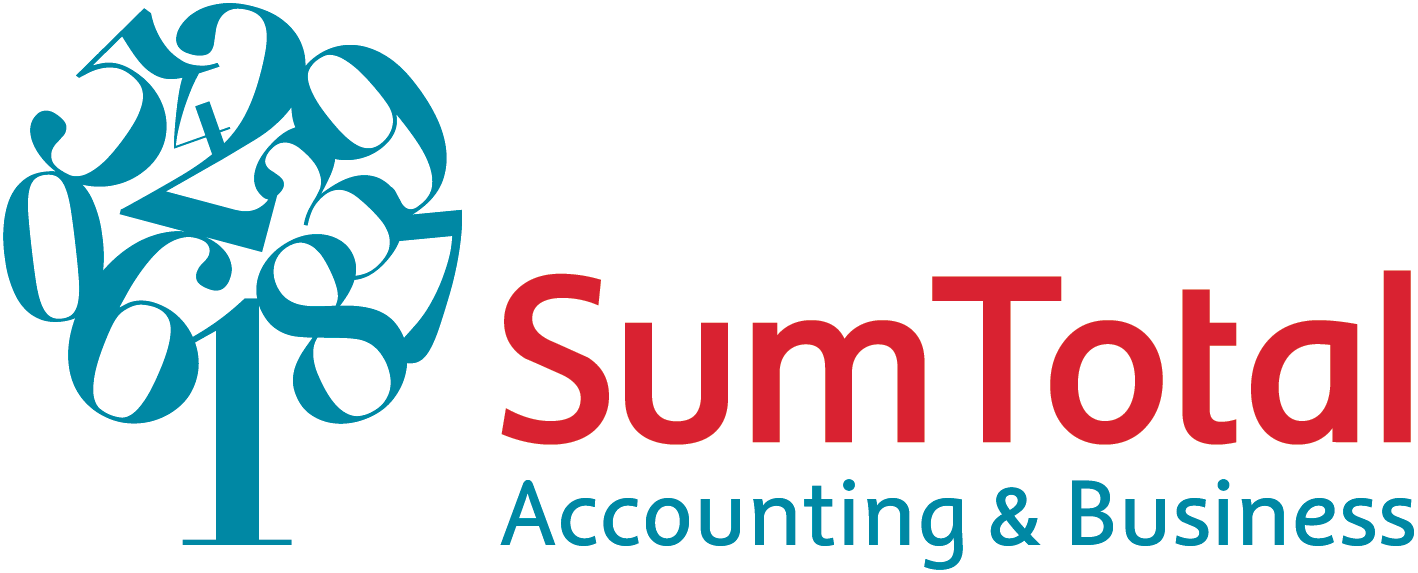Retirement marks a significant milestone in one’s life, accompanied by important financial decisions, especially regarding superannuation.
As individuals transition into retirement, they must carefully consider whether to withdraw their super as a lump sum or income stream.
Understanding the implications of each option is crucial for ensuring financial security and peace of mind in retirement.
Lump Sum Withdrawal: A Financial Windfall
A lump sum withdrawal from superannuation provides retirees immediate access to a significant portion of their super savings. This lump sum can pay off debts, fund substantial expenses such as home renovations or travel, or invest in other assets. However, it’s essential to consider the potential tax implications of withdrawing a lump sum, as it may affect one’s overall tax position and eligibility for government benefits.
Income Stream: Sustainable Cash Flow
Opting for an income stream, such as an account-based pension or annuity, provides retirees with a regular and sustainable source of income throughout their retirement years.
Income streams offer the flexibility to tailor payments to meet living expenses and lifestyle needs while potentially providing tax advantages, such as concessional tax treatment for individuals aged 60 and over.
However, retirees must carefully manage their income stream to ensure it lasts throughout retirement and keeps pace with inflation and changing financial needs.
Considerations for Lump Sum Withdrawals
When contemplating a lump sum withdrawal from superannuation, retirees should consider the following factors:
- Immediate financial needs and goals
- Tax implications, including potential tax concessions and thresholds
- Impact on eligibility for government benefits
- Investment opportunities and risk tolerance
- Estate planning considerations, including potential tax implications for beneficiaries
Considerations for Income Streams
For those considering an income stream from superannuation, the following factors should be taken into account:
- Budgeting and cash flow management in retirement
- Investment strategy and asset allocation to support sustainable income
- Tax implications, including concessional tax treatment for eligible recipients
- Flexibility and accessibility of funds, particularly in emergencies or unforeseen circumstances
- Estate planning considerations, such as beneficiary nominations and potential tax implications for heirs
Seeking Professional Advice
Given the complexity of retirement planning and superannuation decisions, retirees are encouraged to seek professional financial advice tailored to their individual circumstances and goals. A qualified financial advisor can provide personalised guidance, help retirees navigate the intricacies of superannuation regulations, and develop a retirement strategy aligned with their needs and objectives.
Making Informed Choices
The decision between a lump sum withdrawal and an income stream from superannuation is a significant consideration for retirees.
Each option has advantages and implications, and the choice should be based on a careful assessment of financial needs, goals, and circumstances. By weighing the factors outlined in this article and seeking expert advice, retirees can make informed decisions that support their economic well-being and retirement security. Ultimately, the goal is to enjoy a comfortable and fulfilling retirement while ensuring sustainable economic outcomes for the years ahead.
Speak with a licensed professional for more tailored guidance to suit your situation.



